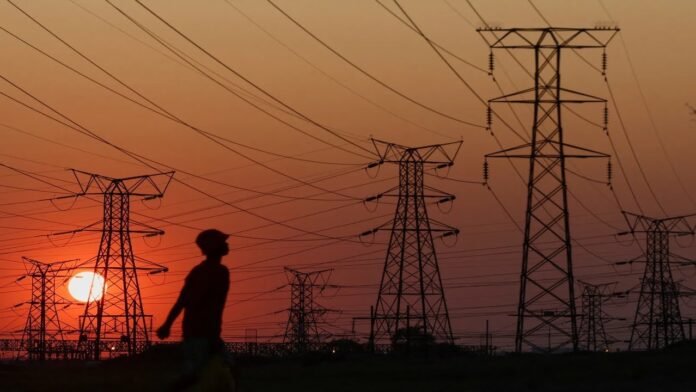Chairman of WAPDA, Lt. Gen (R) Sajjad Ghani. Has addressed the critical situation in the power sector and assured that, though serious, it will not lead to a total collapse. This means that any agreement worldwide is prone to revisions.
Possibility of Agreement Revision WAPDA
According to Chairman Sajjad Ghani, no treaty is free from loopholes if both sides accept that circumstances demand a review. He said that if there could be no review of the IPP agreements from their end, then his advice and suggestion would be for the Government of Pakistan to absorb these expensive IPPs at least over the next few years. He suggested the possibility of a public-private partnership WAPDA’s Future Plans
Chairman WAPDA discussed WAPDA’s current and future capacities during a TV program. As he mentioned, WAPDA’s present electricity generation capacity is 9,500 MW. However, it plans to more than double this capacity in five years by adding another 11,000 MW to the system, which will further reduce electricity rates. While economic conditions are challenging, WAPDA supplies electricity at four rupees per unit.
Missed Opportunities and Future Projects WAPDA
Ghani also contemplated lost opportunities over the last forty years. The last major dam built was Tarbela in the 1970s.Diamer-Bhasha and Mohmand dams are under construction, but he emphasized that a project like Kalabagh should have been started in the 1980s while Diamer-Bhasha Dam should have been initiated earlier in the 1990s.He argued that up-to-date, even today, Kalabagh Dam stands economically achievable and feasible.
The above remarks by the chairman of WAPDA reveal the critical necessity for strategic changes and proactive steps in Pakistan’s power industry. The Pakistan government can address current power shortages by purchasing exorbitantly priced IPPs and considerably escalating WAPDAs’ power production capabilities. Moreover, the country could seek to revive and reconsider old dam projects like Kalabagh. Which have been put on hold for a long time. The emphasis on public-private partnerships reflects a pragmatic approach to tackling these challenges, aiming for long-term stability and affordability. Pakistan’s power sector.


